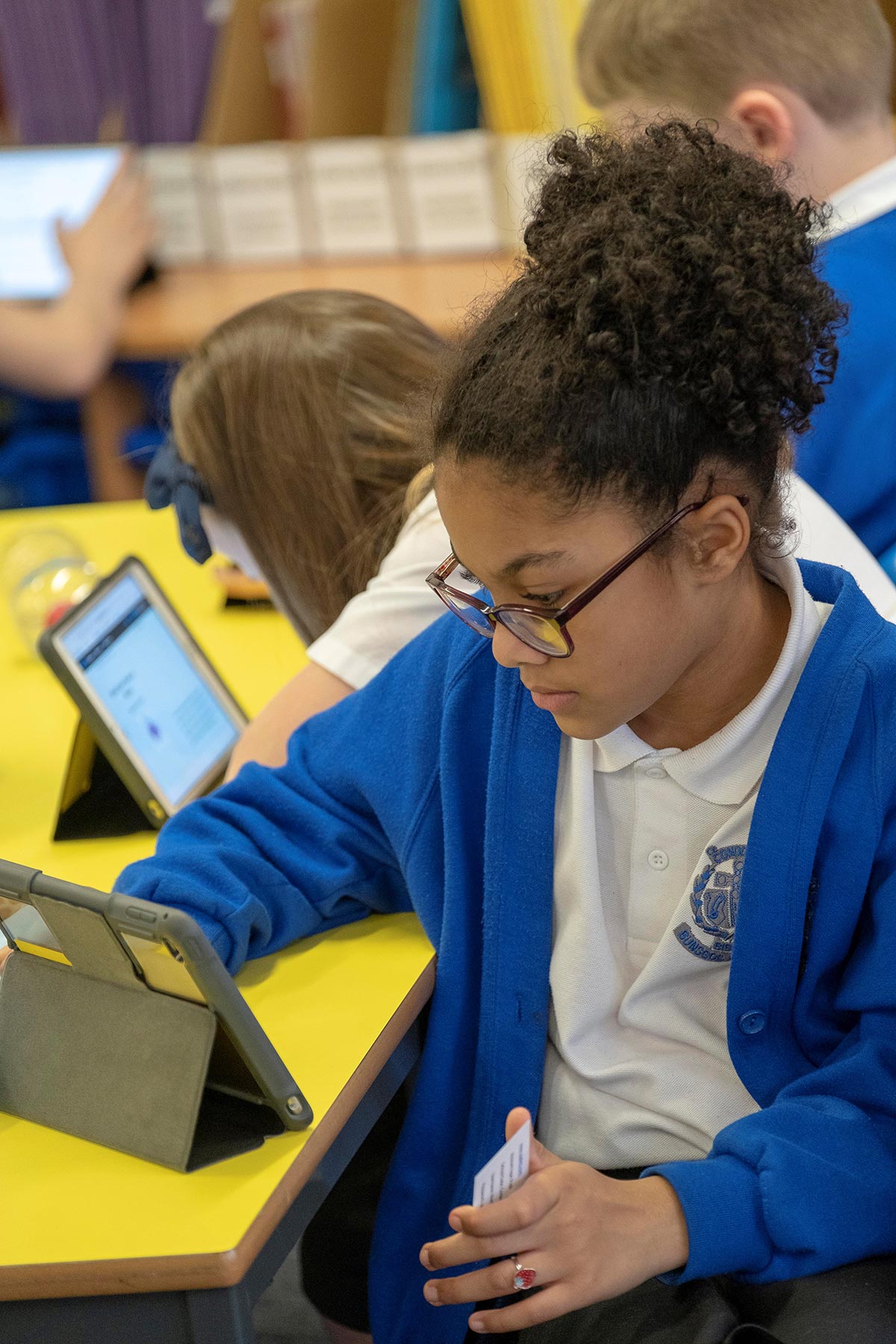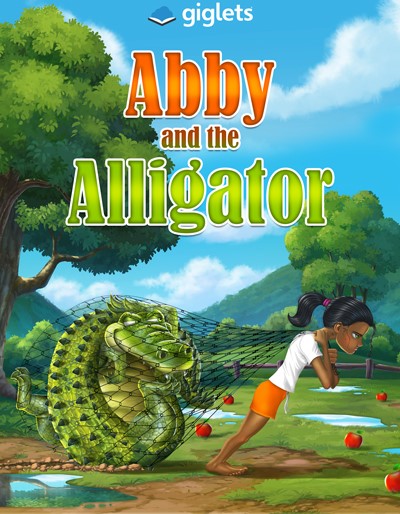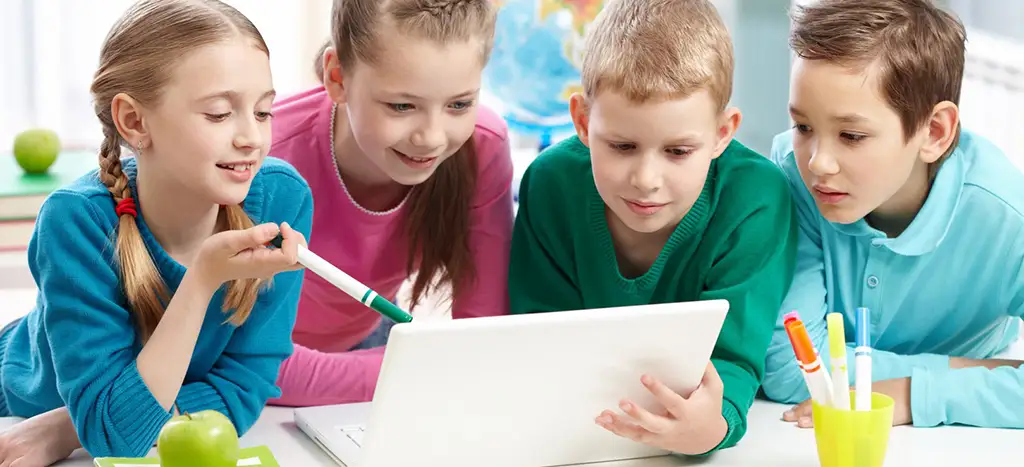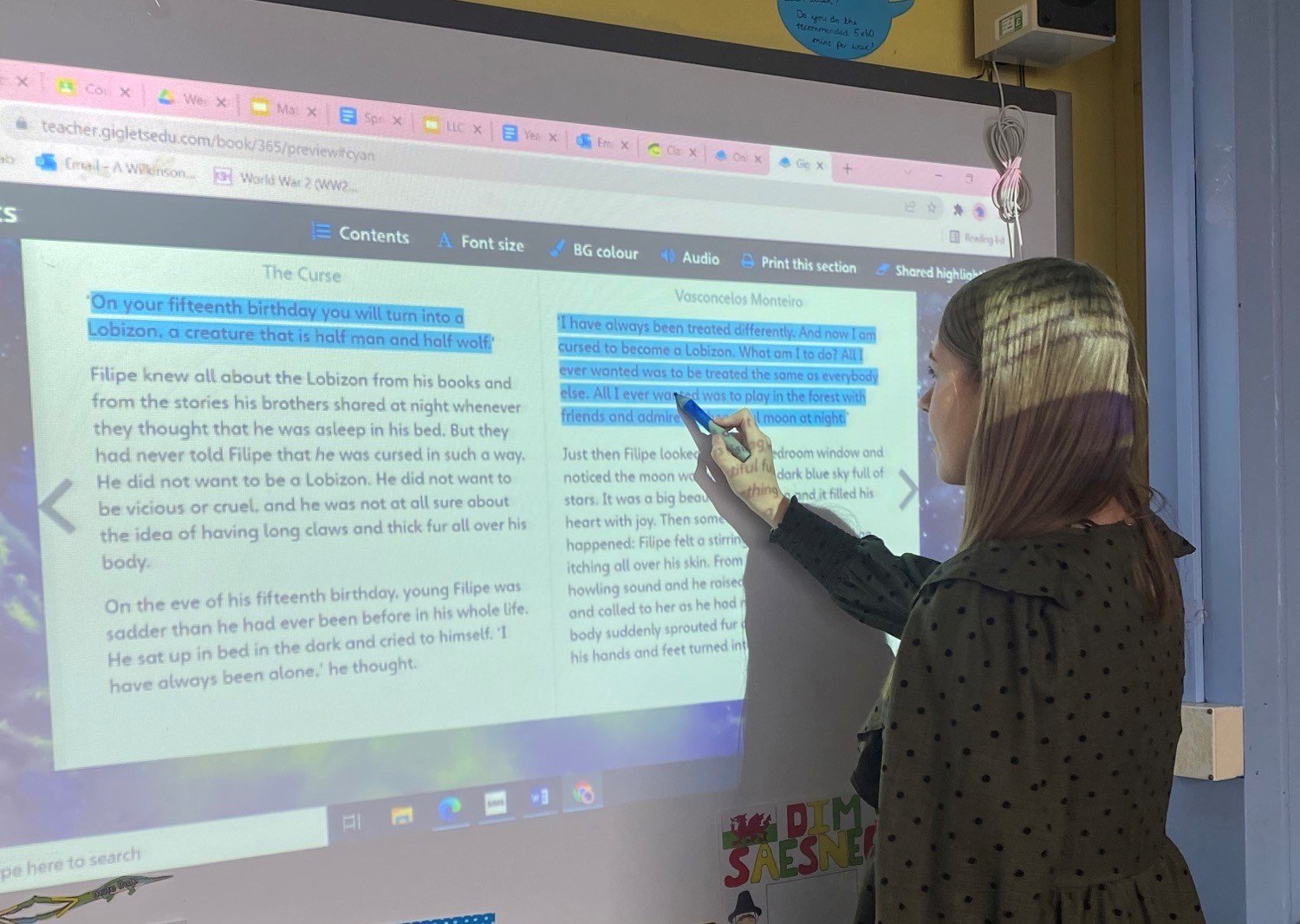
Developing Shared Reading with Giglets
May 31, 2022 | 3years | Giglets News
Shared reading is a highly enjoyable and effective way to build reading and comprehension skills in the primary classroom, at every age and stage. It is a prominent feature in all classrooms as teachers recognise its place in challenging and supporting children in literacy learning. An essential stepping-stone for pupils on their journey to becoming confident, independent readers, teachers and pupils work as a team to build understanding, fluency and other reading strategies and skills. This blog post explores top tips for teaching literacy in primary school, specifically during shared reading sessions.
Organisation and Resources
In a shared reading session, the teacher might display one text for the whole class to access. Coming together and gathering around one displayed text can add to the shared experience of a story. This can work well with large books but the smaller the book, the more challenging it can be to share one copy with a large group of pupils! Giglets works well in this scenario as the text can be displayed fully on a display board and the font can also be enlarged. Even the children in the furthest corner will be able to share and engage with the text!
A shared reading session can involve pupils accessing their own copy of a text or sharing a copy with a partner. Having an individual or shared copy of a text means pupils have more control over their personal reading experience. Resources like pipe-cleaners or rulers are a nice easy way to help pupils follow a text, or personal bookmarks can promote further engagement. When reading with Giglets, pupils can choose the font, size and colour that best suits them for reading.
Whether accessing one displayed shared text or an individual copy, a comfortable classroom environment can promote engagement and enjoyment (and learning!) so ask your pupils to take in their favourite cuddly toy or encourage everyone to get comfortable sitting on their jackets and jumpers.
The most important resource in shared reading is the teacher. It's what you say and do and how you enthuse, encourage and question your pupils to build connections and understanding. When the teacher uses the think aloud technique this supports the development of metacognitive strategies and higher order thinking skills. Of course, well-written, bright and engaging texts, like those available on Giglets, can make your job just that little bit easier.
Interactive Activities
With shared reading, the teacher will do some or all of the reading aloud, modelling specific reading strategies, and the pupils will be doing much of the thinking, understanding, hypothesising and predicting. This is not just during reading but from the moment you share a title, front cover or even the Giglets theme music before reading.
'Show Me' questioning is an effective interactive literacy activity you can use for pupils to communicate and develop their thinking. Pupils can communicate their thoughts using their fingers and thumbs, whiteboards, number fans and other accessible classroom resources.
You might start by asking a simple 'Show Me' question.
For example, using this cover here of Giglets playscript, Abby and the Alligator, you might ask:
- Show me, using thumbs up or thumbs down, would you like to be in Abby's position?
- Show me, on a scale of one to ten, how sneaky do you think this Alligator is?
- Show me, by drawing a thinking bubble and five words, what do you think the Alligator is thinking?
Top tip: If attention is waning, get everyone up and change the number fan scale of 1 – 10 to a scale that spans your classroom.
After simple 'Show Me' questions, like the above, you might then ask pupils to justify their answers or find evidence to support their arguments. To support questioning, you might like to use the resources for teachers already available on Giglets. These include higher order thinking skills questions and reading test questions in a variety of formats including multi-choice, sequencing and find and copy.
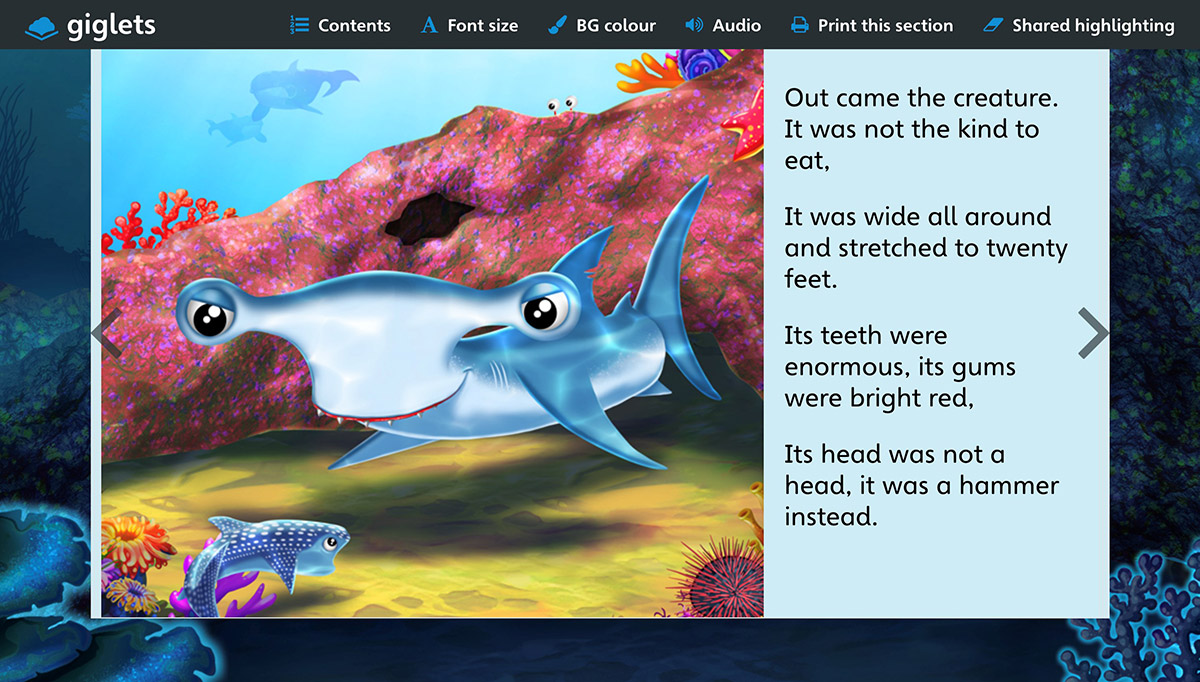
If you were using the popular children's story Shark in the Dark from Giglets, you might ask:
- In what way was this creature 'not the kind to eat'?
- What words tell us that this creature might be unfriendly?
- What might each creature be thinking?
No matter the question being asked, do consider the thinking time given to pupils. The more complex the question, the more time pupils may need to process and consider their response.
A key strategy with these questions is for teacher feeding back to the class what the pupil responses are. Let pupils know what other pupils are thinking by drawing attention to particular answers or challenging some further. You might use sentence stems like:
- "The majority of the class thinks..."
- "It's very interesting how you have picked up on..."
- "I wonder if you can give me a reason why you think..."
Choice of Texts
Shared reading is not just for class novels or fiction books. It's very important to vary the genres and types of texts that are used in shared reading sessions. Pupils will learn about the features of different text types and experience of different genre styles will help promote and encourage a love of reading.
The Giglets online library has texts in many different genres and forms that are ideal for bringing variation to your shared reading sessions. From simple non-fiction with captivating photographs to fully-illustrated and animated fiction tales, there is a huge online library ready for any teacher's next shared reading session.
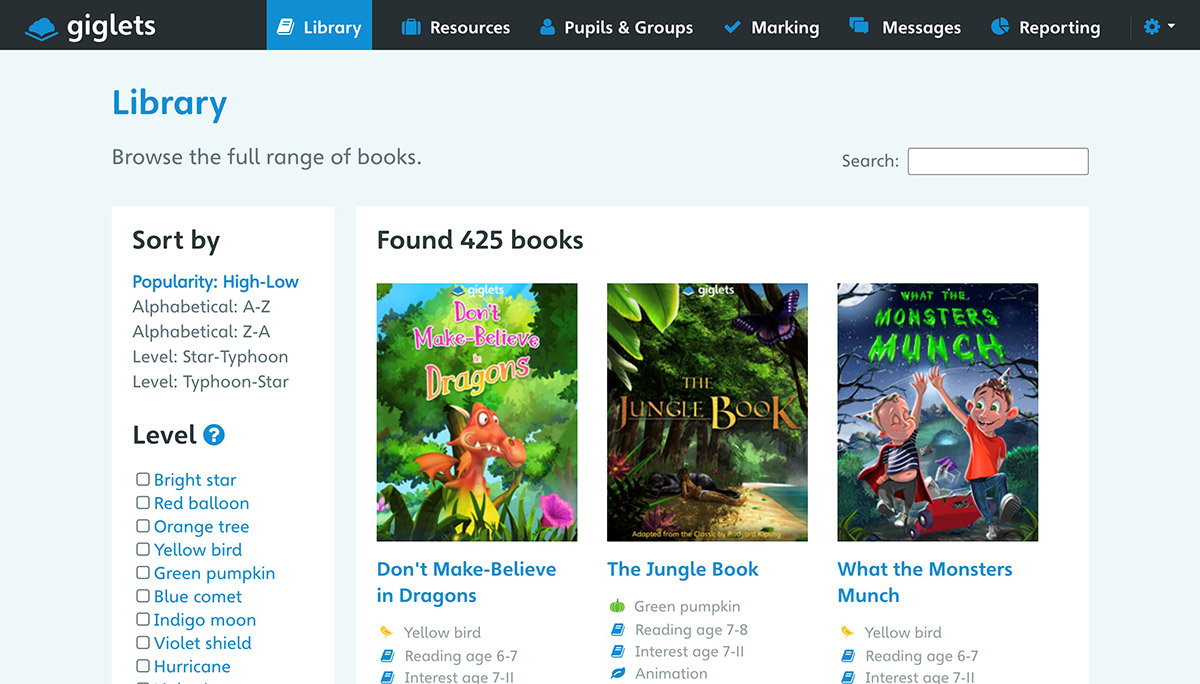
Giglets in Your School
You can easily and greatly increase the number of school reading books your school has access to with Giglets. If you're interested in accessing a growing online library of over 1,100 texts in over 37 different languages to support shared reading in your school, do get in touch now to try Giglets for free! Just email info@giglets.com or sign up for one of our free trial webinars.
